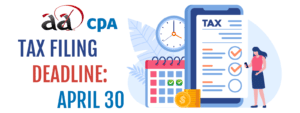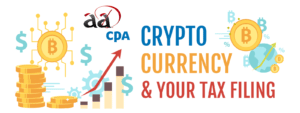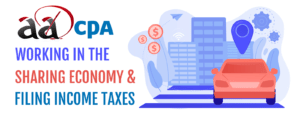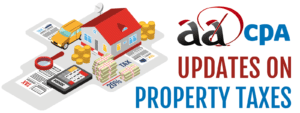Canadian Tax Deadlines and Payment Due Dates
The Canadian Tax Deadlines are almost here and you need to make sure that your[Read More]
01
Apr
Apr
Canadian Influencer Tax Return Filing
Influencer Tax Return Filing in Canada If you generate income from platforms such as YouTube,[Read More]
31
Mar
Mar
Cryptocurrency and Your Tax Return
Cryptocurrency and Your Canadian Tax Return Have you been trading cryptocurrency or other digital assets[Read More]
31
Mar
Mar
Platform & Sharing Economy Tax
The Sharing Economy & Platform Industry Tax Compliance What is the platform & sharing economy?[Read More]
30
Mar
Mar
Property Tax Factors in BC
Property Tax Assessment Factors for British Columbian Residents Have you been wondering why your property[Read More]
26
Mar
Mar





